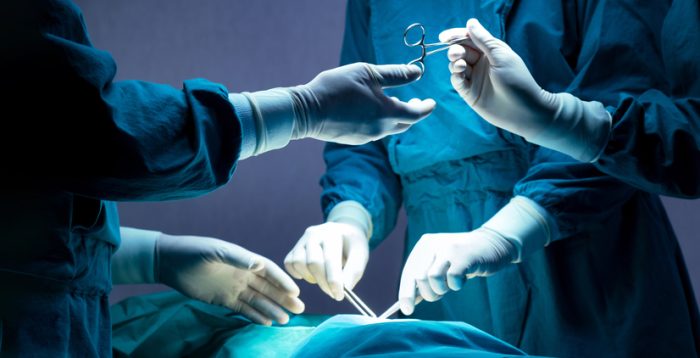Bladder Injuries
If you’ve suffered a bladder injury during surgery, you may be facing ongoing pain, infections, or the need for further corrective procedures. The good news is that if this injury was caused by medical negligence, you could be entitled to compensation, and we at The Medical Law Partnership are here to support you every step of the way.

How common are bladder injuries during surgery?
Bladder injuries during surgery are rare, but when they do occur, they can have a significant impact on your health and quality of life. These injuries most commonly happen during pelvic or abdominal procedures, such as hysterectomies, caesarean sections, or hernia repairs. While surgeons take precautions to avoid damaging surrounding organs, mistakes can still happen, often due to errors in technique or a lack of proper care. If you’ve suffered a bladder injury during surgery, you may be facing ongoing pain, infections, or the need for further corrective procedures. The good news is that if this injury was caused by medical negligence, you could be entitled to compensation, and we at The Medical Law Partnership are here to support you every step of the way.
Many bladder injury claims arise because of preventable mistakes made during or after surgery. One of the most common errors is a surgeon failing to properly identify and protect the bladder during the procedure, leading to accidental cuts or punctures. In some cases, the injury isn’t noticed straight away, and delays in diagnosis can cause further complications, such as urine leakage, chronic infections, or even kidney damage. Another issue is inadequate post-operative care, where medical staff fail to recognise symptoms like persistent pain, difficulty urinating, or unexplained swelling, which could indicate a bladder injury. If your injury was caused by any of these oversights, you may have a strong case for compensation.
Beginning a claim with us is simple and stress-free. The first step is to reach out to our team, either by phone or through our website, and one of our specialist solicitors will take the time to listen to your story. We’ll ask you about the surgery, the complications you experienced, and how the injury has affected your daily life. Once we have a clear understanding of your situation, we’ll obtain your medical records and consult independent medical experts to determine whether negligence played a role in your injury. If we believe you have a valid claim, we’ll guide you through the legal process, handling all the necessary paperwork, negotiations with the other side, and, if needed, court proceedings on your behalf. We work on a no-win, no-fee basis, so you won’t have to worry about any financial risk.
The compensation you could receive depends on the severity of your injury and how it has affected your life. You may be able to claim for the pain and suffering you’ve endured, as well as any additional medical treatments or surgeries you’ve needed to correct the problem. If your injury has left you unable to work, you can also claim for lost earnings, both past and future. In cases where the damage has led to long-term or permanent issues, such as incontinence or the need for ongoing catheter use, your compensation will reflect these life-changing consequences. Our goal is to ensure you receive the full amount you’re entitled to, so you can focus on your recovery without financial worry.
The time it takes to resolve a bladder injury claim can vary widely. In straightforward cases where negligence is quickly admitted, your claim could be settled within 2 to 4 years. However, if the case is more complex or disputed by the other side, it may take much longer, particularly if court proceedings are necessary. While we can’t guarantee a quick resolution, we’ll always work efficiently to move your claim forward and keep you updated at every stage. Our priority is to secure the best possible outcome for you, no matter how long it takes.
Contact The Medical Law Partnership today.
Start your claim
Fill in your details below and one of our team will be in touch shortly for a free, confidential conversation. No pressure, just honest, expert advice.